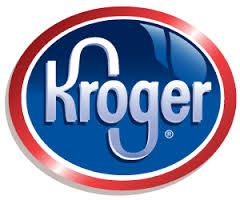
As part of a growing concern on behalf of consumers regarding the food they eat, Anna Ortega recently filed suit against Kroger for deceptive practices and is seeking class-action status. According to a 2012 Grocery List, Kroger was ranked as the first largest grocery chain in the US and the fifth largest in the world and, like most grocery stores, has private label brands. One of these is the “Simple Truth” brand, which is used to brand the raw chicken they sell. Kroger advertises that the chicken was raised cage-free and in a humane environment.
The suit alleges that the chickens, actually raised by Perdue, were not raised any differently than the way Perdue raises all its other chickens. The deception occurs because Kroger is marketing the Simple Truth brand as being raised cage-free and in a humane environment, which implies a differentiation between the Simple Truth brands and regular chickens by making the Simple Truth brand superior to regular chicken purchased in the store.
Standard chicken production involves raising the chickens in large metal buildings, where they are often crammed together with little space to move. They are usually be hit with electrical shocks before being slaughtered and although they are required to have access to the outdoors, there are no regulations regarding what “access” means, how large the outdoor space must be or how long they must be outside.
Kroger stands by their marketing and says that nothing in the label is deceptive or inaccurate. They will not comment on the lawsuit at this time stating that they have yet read it in full.
Consumers are becoming increasingly aware of the food they eat, what products are listed in the ingredient list, and how their food is processed. These consumers are not afraid to use the courts or the media to increase their pressure on businesses to raise animals humanely, grow crops without undue pesticides and to remove unnecessary chemicals from their ingredients. Natural and organic are becoming hot buzzwords in today’s market. The word natural does not have a legal definition. The word organic does and there are stringent regulations regarding what can be labelled as organic. Yet foods with a natural label or an organic label can often fetch a premium price.
Other agri-businesses have faced similar lawsuits regarding the inhumane treatment of livestock raised for food, the overuse of antibiotics and steroids and the over-pollution of local streams from the waste generated by factory farms.

